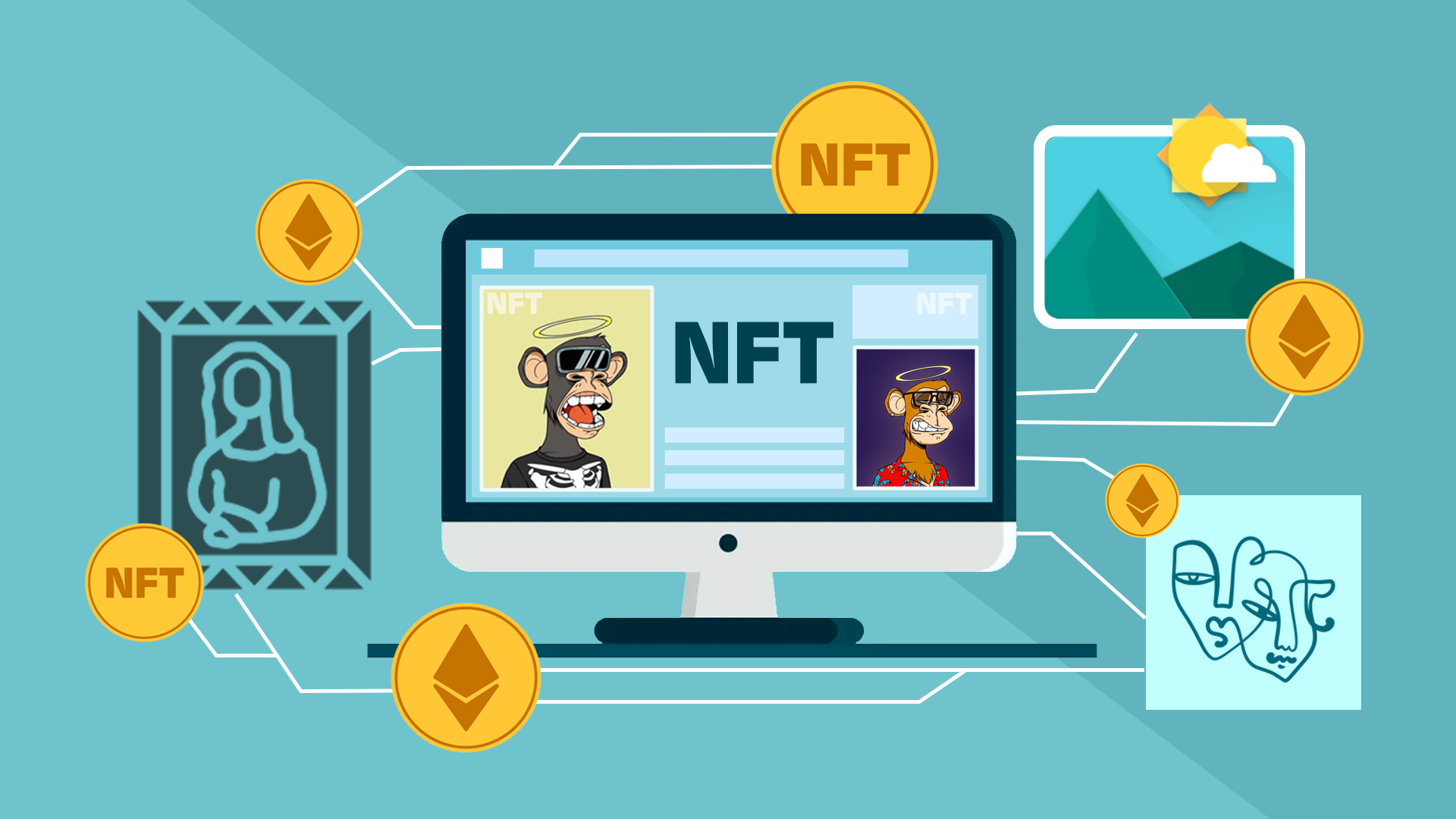Exploring Local NHS Therapy Options for Mental Health Support

Accessing the right support for your mental health can feel overwhelming, but the NHS offers a range of therapy options designed to meet your needs. Whether you're dealing with anxiety, depression, or other challenges, these services aim to provide effective, accessible care close to home. Understanding what's available locally can be the first step towards finding the help you deserve.
From talking therapies to more specialised treatments, the NHS has made significant strides in tailoring support to individuals. Knowing how to figure out these options can empower you to make informed decisions about your mental well-being. Lets explore whats on offer and how you can take that crucial step towards better mental health.
Thoughts on NHS Therapy Options
Local NHS therapy options offer diverse support for mental health challenges. You may find conventional talking therapies such as Cognitive Behavioural Therapy (CBT), which focuses on addressing negative thought patterns, particularly effective for conditions like anxiety or low mood. Counselling services, often person-centred, can also help you explore personal feelings and experiences without judgment.
In some cases, the NHS provides specialised therapies tailored to specific conditions. Dialectical Behaviour Therapy (DBT) can assist with emotional regulation, often used for personality disorders. Eye Movement Desensitisation and Reprocessing (EMDR) is a method for trauma and post-traumatic stress. These therapies are accessed through referrals, often initiated by your GP.
Group therapy might appear less instant in its benefits but facilitates shared understanding. Youll notice a collaborative environment, participants discussing shared struggles, and collective problem-solving guided by professionals. For children, young people, or families, the NHS might provide alternative formats like family therapy or child-centred approaches.
Digital innovations expand access to care. You could explore guided online CBT, supported by regular input from therapists. Apps such as SilverCloud and other NHS-endorsed platforms ensure evidence-based resources at your convenience. This option suits mild-to-moderate mental health concerns where self-directed progress feels manageable.
Some therapies, though effective, may have longer waiting lists. Short-term interventions like guided self-help or psychoeducational workshops bridge this gap. These options rely on active engagement, empowering you to develop coping strategies in a structured way.
Your local NHS Trust or Improving Access to Psychological Therapies (IAPT) services provide entry points. Reflecting on your personal needs directs which format might be most suitable. You can contact these services directly or discuss options with your GP. Effective care often begins where understanding aligns with tailored support.
Do you feel prepared to figure out therapy choices? You might focus on whether online, individual, or group settings suit your preference. Think about the depth of your needs, balancing resources available with urgency or expectationsthis clarity influences therapeutic outcomes.
Types Of Therapies Available
Local NHS therapy options include various approaches designed to address a range of mental health concerns. These offer a foundation for tailored care suited to individual needs.
Talking Therapies
Talking therapies involve structured conversations with trained professionals. You might explore Cognitive Behavioural Therapy, which helps you identify and reshape unhelpful thought patterns. Counselling offers a reflective space to figure out personal challenges, fostering clarity. Therapists can guide you through specific issues like managing anxiety or processing trauma. With diverse formats availableincluding one-to-one, group, and onlineyou will find that these options cater to different preferences and access needs.
Physical Therapies
Physical therapies approach mental health by incorporating body-focused treatments. Some services include physiotherapy for conditions linked to stress, like chronic pain. You may consider therapies complementing mental well-being, such as pilates or yoga-based programmes, often offered in specific NHS initiatives. Physical activity interventions encourage movement, addressing both mental and physical resilience. In cases of rehabilitative needs, tailored therapy plans can address mental health concerns alongside physical health.
Alternative Approaches
Alternative approaches might align with holistic wellness goals. You could access mindfulness programmes, designed to enhance awareness and reduce stress. Art therapies integrate creative expression, offering therapeutic outlets you may find helpful in processing emotions. Music therapy, engaging you through rhythm and melody, supports emotional understanding and coping. Some locations also provide eco-based interventions, connecting individuals to natural surroundings to improve mental health.
How To Access Local NHS Therapy Options
Accessing local NHS therapies depends on your circumstances and the type of support sought, for example you can get free counselling in Medway and many other towns up and down the UK to help with your state. Youll encounter processes designed to match your mental health needs with appropriate treatments.
Referral Process
Your GP acts as the primary gateway for accessing NHS therapies. You will typically discuss symptoms, challenges, and preferences during your consultation. Based on this, they might refer you to services such as Improving Access to Psychological Therapies (IAPT). Sometimes, additional assessments may help identify specific needs, such as trauma care or group interventions. For urgent care, you might receive fast-tracked support. In some cases, referrals include consultations with mental health specialists for tailored recommendations.
Self-Referral Opportunities
You can sometimes bypass GP visits and contact services directly. Many areas offer self-referral options through NHS IAPT programmes, covering conditions like anxiety or depression. Forms are available online, with straightforward instructions to provide details about symptoms and experiences. You might encounter digital platforms or apps endorsed by NHS services, offering quick access to support without delays. Some programmes include preliminary assessments to confirm appropriate therapy options, ensuring suitability before treatment begins.
Benefits Of Local NHS Therapy Options
Local NHS therapy offers an affordable route to professional mental health support. You will find that services like counselling, Cognitive Behavioural Therapy (CBT), and group therapy come at no direct cost through NHS funding. Patients experiencing anxiety, depression, or trauma might access these therapies without financial strain. Where private therapy costs hundreds monthly, NHS alternatives can provide long-term relief within your budget. For conditions requiring ongoing treatment, the sustainability of NHS therapies ensures continuous care without compromising financial stability.
NHS therapy options also cater to diverse needs by offering services close to where you live. Local providers often reduce travel challenges, and self-referral pathways simplify the process further. For mild concerns, digital tools like apps and online therapy platforms give you flexibility in engaging with resources from your home. You might rely on geographically assigned centres for in-person sessions, ensuring that tailored care remains within reach. Community-focused models involve minimal waiting lists in specific regions, enabling quicker intervention for urgent cases.
Challenges And Limitations
Local NHS therapy options often face certain barriers that might influence their accessibility and effectiveness, despite offering comprehensive support. Understanding these challenges helps manage expectations and plan accordingly.
Wait Times
Demand for NHS therapies can lead to significant delays before you receive care. Waiting periods for common services like CBT sometimes extend from six weeks to several months, depending on your location and available resources. Urgent cases might receive prioritisation, but this impacts overall availability for others. You might need to explore interim measures such as online resources, self-help tools, or helplines, especially when delays affect your mental health further. When contacting local services, you will find ongoing pressures make clear communication essential.
Regional Availability Variations
Access to therapy differs across regions, often shaped by funding and staffing levels. Urban areas might offer diverse therapeutic options such as CBT, DBT, or EMDR, while rural locations could have fewer specialists or fewer treatment types. Your ability to travel might factor into accessing suitable care. Digital therapy platforms endorsed by the NHS often complement services in areas with limited options, but their effectiveness might vary for certain individuals or conditions. Researching your region's specific offerings lets you see where limitations align with your needs.
In Closing
Figuring local NHS therapy options can feel complex, but understanding what's available empowers you to take meaningful steps towards better mental health. Whether you prefer traditional talking therapies, innovative digital tools, or creative approaches, there's a wide range of support designed to meet diverse needs.
By considering your personal circumstances and exploring local services, you can find accessible and effective care that aligns with your goals. Remember, seeking support is a positive step, and the NHS offers valuable resources to help you on your journey towards well-being.

































